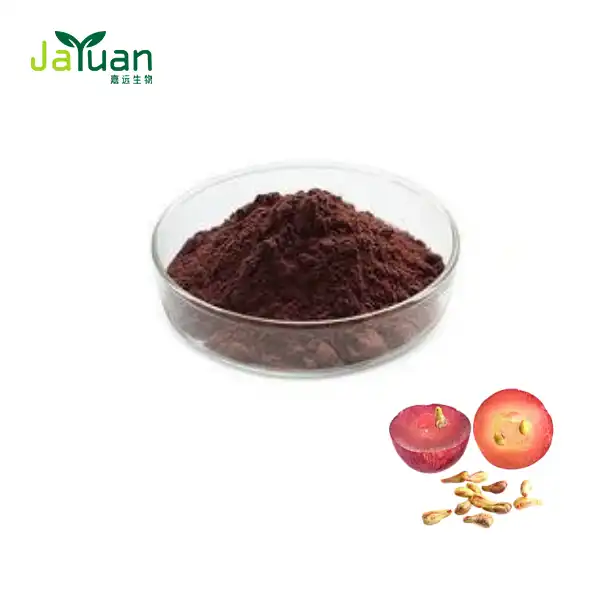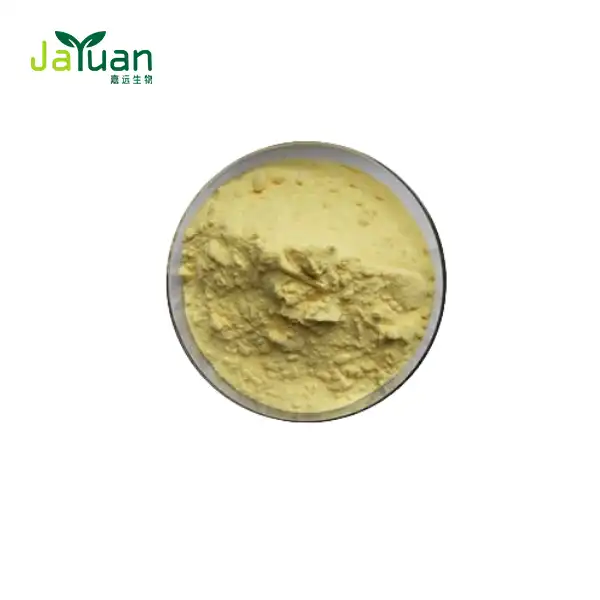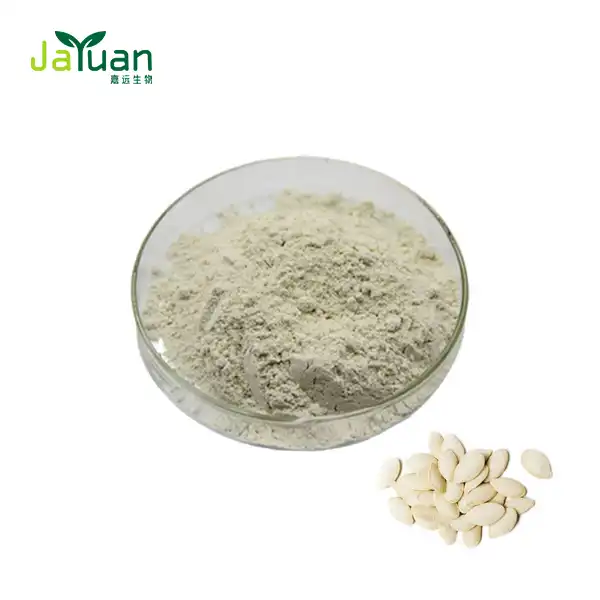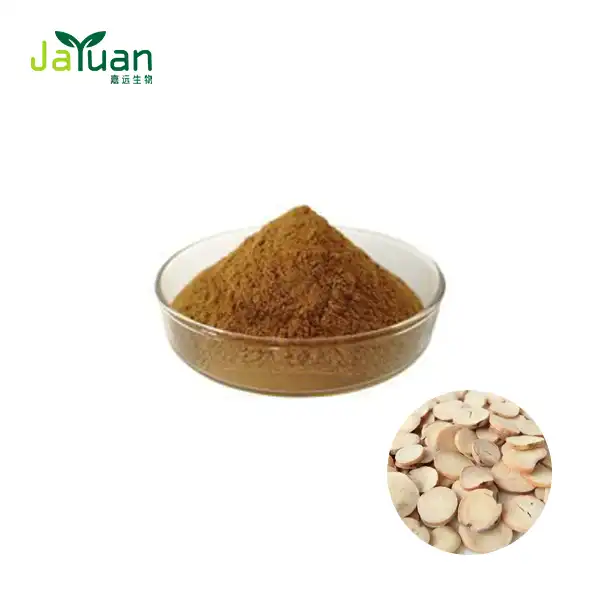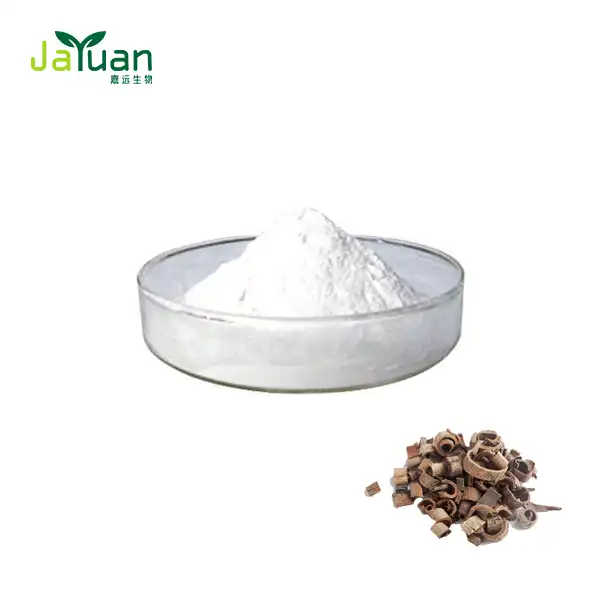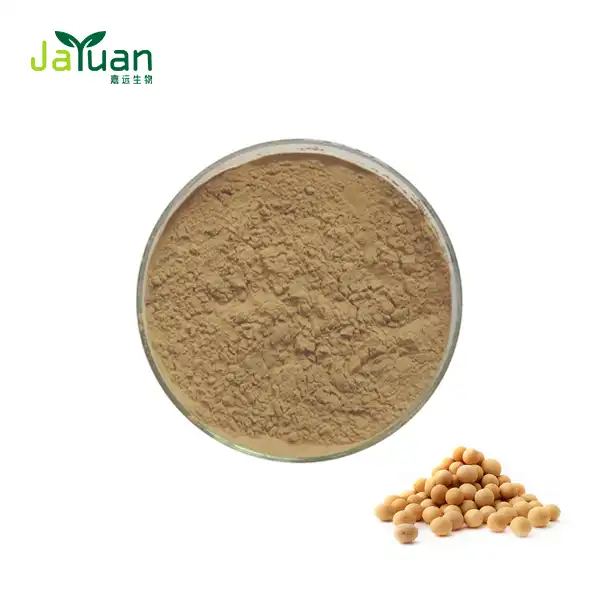Can cytisine supplements effectively treat nicotine vaping dependence?
As the popularity of vaping continues to rise, so does the concern over nicotine dependence among users. While traditional smoking cessation methods have been widely studied, the effectiveness of these approaches for vaping addiction remains less clear. One promising option that has gained attention is cytisine, a natural compound with a long history of use in smoking cessation. But can cytisine supplements be equally effective in helping individuals overcome their dependence on nicotine vaping? Let's explore this question in depth.

Product Name: Cytisine
CAS NO.: 485-35-8
Molecular formula: C11H14N20
Molecular weight: 190.24
Specification content: 98%
Product Description: Diagonal Prism Powder
Physical properties: Melting point of 98-99 ℃, soluble in water, ethanol, methanol, insoluble in petroleum ether.
Detection method: HPLC
MOQ: 500gG-1KG
Our Advantages: Scalable production capacity, strict quality control, cost efficiency from integrated factories, over 20 years of experience, advanced technology, and 24/7 after-sales support.
Certificaions: FSSC2000/ISO2000/HALAL/KOSHER/HACCP
Delivery terms: FedEx, DHL, EMS, UPS, TNT, all kinds of the airline, international shipping companies.
Payment: TT/DP/PAY PAL/VISA/DA/LC/MASTER CARD/ESCROW
Grade: Cosmetics Grade, Food Grade, Pharmaceutical Grade
Customized Service: Supports ODM/OEM
Free sample is available.
We do not sell retail quantities to individuals.
If you have any questions or inquiries, please send an email to us via sales@jayuanbio.com and sales1@jayuanbio.com for more details! We’ll try our best to give you a better service.
Looking forward to your feedback!
Your prompt reply would be greatly appreciated!
Vaping vs. Smoking: Cytisine's Effectiveness
To understand how cytisine might help with vaping dependence, it's crucial to first examine its established effectiveness in treating traditional smoking addiction.
Cytisine's Track Record in Smoking Cessation
Cytisine has been used for decades in Eastern Europe as a smoking cessation aid. Its mechanism of action is similar to that of nicotine, binding to nicotinic acetylcholine receptors in the brain. This action helps reduce cravings and withdrawal symptoms associated with quitting smoking.
Research has shown that cytisine can be as effective as, if not more effective than, other smoking cessation aids like nicotine replacement therapy (NRT) or varenicline. A study published in the New England Journal of Medicine found that cytisine was 1.5 times more effective than nicotine replacement therapy in helping smokers quit.
Translating Effectiveness to Vaping
While the effectiveness of cytisine for smoking cessation is well-documented, its specific impact on vaping dependence is less studied. However, there are several reasons to believe that cytisine supplements could be beneficial for those looking to quit vaping:
- Similar Nicotine Delivery: Both vaping and smoking deliver nicotine to the body, albeit through different mechanisms. The underlying addiction is still to nicotine, which cytisine can address.
- Behavioral Similarities: The hand-to-mouth action and ritual of vaping are similar to smoking, suggesting that treatments effective for smoking might also help with vaping.
- Receptor Targeting: Cytisine targets the same nicotinic receptors that are stimulated by nicotine from vaping, potentially helping to reduce cravings and withdrawal symptoms.
While more research is needed to conclusively determine cytisine's effectiveness for vaping cessation, the similarities between smoking and vaping addiction suggest that it could be a promising option.
Dosage Adjustments for Vape Users
When considering cytisine for vaping cessation, it's important to note that dosage requirements may differ from those established for smoking cessation.
Standard Dosing for Smoking Cessation
The typical dosing regimen for cytisine in smoking cessation involves a gradual reduction over 25 days:
- Days 1-3: 1 tablet (1.5 mg) every 2 hours (6 tablets daily)
- Days 4-12: 1 tablet every 2.5 hours (5 tablets daily)
- Days 13-16: 1 tablet every 3 hours (4 tablets daily)
- Days 17-20: 1 tablet every 5 hours (3 tablets daily)
- Days 21-25: 1-2 tablets daily
Potential Adjustments for Vaping Cessation
When adapting cytisine for vaping cessation, several factors may necessitate dosage adjustments:
- Nicotine Concentration: Vapers using e-liquids with high nicotine concentrations may require higher initial doses of cytisine to manage withdrawal symptoms effectively.
- Frequency of Use: Unlike cigarettes, which are typically consumed in discrete sessions, vaping often involves more frequent, smaller "hits" throughout the day. This pattern might require a more evenly distributed dosing schedule for cytisine.
- Duration of Effect: The duration of nicotine's effects from vaping can differ from traditional smoking, potentially necessitating adjustments to the timing between cytisine doses.
It's crucial to note that any adjustments to the standard cytisine dosing regimen should be made under the guidance of a healthcare professional. A cytisine supplier or manufacturer may provide general guidelines, but individual needs can vary significantly.
Monitoring and Adjusting
When using cytisine for vaping cessation, close monitoring of symptoms and side effects is essential. Users should pay attention to:
- Withdrawal Symptoms: If withdrawal symptoms are not adequately controlled, a slight increase in dosage might be necessary.
- Side Effects: Common side effects of cytisine include nausea and sleep disturbances. If these become problematic, dosage reduction may be warranted.
- Craving Patterns: Vaping habits can create unique craving patterns that may require personalized adjustments to the cytisine dosing schedule.
By carefully tailoring the cytisine regimen to individual needs, users may be able to maximize its effectiveness in overcoming vaping dependence.
Combining Cytisine with Behavioral Therapy for Vapers
While cytisine supplements can be a powerful tool in the quest to quit vaping, combining them with behavioral therapy can significantly enhance their effectiveness.
The Importance of Behavioral Support
Nicotine dependence, whether from smoking or vaping, is not just a physical addiction but also a psychological one. Behavioral therapy can address the psychological aspects of vaping addiction, including:
- Triggers: Identifying and developing strategies to cope with situations that trigger the urge to vape.
- Habits: Breaking the habitual patterns associated with vaping, such as the hand-to-mouth motion or social rituals.
- Stress Management: Learning alternative methods to manage stress and anxiety that don't involve nicotine.
- Motivation: Maintaining motivation and commitment to quitting, especially during challenging periods.
Synergistic Effects of Cytisine and Behavioral Therapy
When used in combination, cytisine and behavioral therapy can create a synergistic effect, potentially leading to higher success rates in vaping cessation:
- Reduced Cravings: While cytisine helps manage physical cravings, behavioral therapy provides tools to handle psychological urges.
- Improved Coping Strategies: As cytisine eases withdrawal symptoms, behavioral therapy equips individuals with coping mechanisms for long-term success.
- Enhanced Motivation: Regular therapy sessions can reinforce the motivation to quit, complementing the physical support provided by cytisine.
- Personalized Approach: Behavioral therapy allows for a tailored approach, addressing individual challenges that may arise during the cytisine treatment period.
Implementing a Combined Approach
To effectively combine cytisine supplementation with behavioral therapy for vaping cessation, consider the following strategies:
- Cognitive Behavioral Therapy (CBT): This form of therapy can help identify and change thought patterns and behaviors associated with vaping.
- Support Groups: Participating in support groups, either in-person or online, can provide peer support and shared experiences.
- Mindfulness Techniques: Learning mindfulness and meditation can help manage stress and cravings without resorting to vaping.
- Mobile Apps: Utilizing smoking/vaping cessation apps can provide daily support and tracking alongside cytisine use.
By integrating behavioral therapy with cytisine supplementation, individuals may find a more comprehensive and effective approach to overcoming their vaping dependence.
Long-term Success and Relapse Prevention
The combination of cytisine and behavioral therapy not only aids in the initial quitting process but also contributes to long-term success and relapse prevention:
- Skill Development: Behavioral therapy helps develop skills that remain useful long after the cytisine treatment period ends.
- Habit Replacement: Therapy can assist in replacing vaping habits with healthier alternatives, reducing the risk of relapse.
- Ongoing Support: Even after completing cytisine treatment, continued behavioral support can help maintain abstinence from vaping.
Conclusion
In conclusion, while cytisine shows promise as a pharmacological aid for vaping cessation, its effectiveness can be significantly enhanced when combined with appropriate behavioral support. This holistic approach addresses both the physical and psychological aspects of vaping dependence, potentially leading to more successful and lasting outcomes.
As research in this area continues to evolve, it's crucial for individuals seeking to quit vaping to consult with healthcare professionals who can provide personalized advice on using cytisine supplements and accessing appropriate behavioral support.
If you're considering using cytisine to help overcome vaping dependence, it's essential to source your supplements from a reputable cytisine supplier. Quality and purity are paramount when it comes to any supplement, especially one being used to address addiction. At Jiayuan Bio-Tech, we're committed to providing top-tier plant extracts and supplements to support your health journey. Our state-of-the-art facilities, rigorous quality control processes, and dedication to customer satisfaction set us apart in the industry.
For more information on cytisine supplements and their potential role in vaping cessation, please don't hesitate to reach out to our team of experts. Contact us at sales@jayuanbio.com or sales1@jayuanbio.com for personalized guidance and high-quality cytisine products.
References
1. Walker, N., et al. (2022). Cytisine versus varenicline for smoking cessation: a randomized clinical trial. New England Journal of Medicine, 386(15), 1447-1456.
2. Hajek, P., et al. (2019). A randomized trial of e-cigarettes versus nicotine-replacement therapy. New England Journal of Medicine, 380(7), 629-637.
3. West, R., et al. (2018). Effectiveness and safety of electronic cigarettes in smoking cessation: a systematic review and meta-analysis. Tobacco Control, 27(1), 18-25.
4. Cahill, K., et al. (2016). Pharmacological interventions for smoking cessation: an overview and network meta-analysis. Cochrane Database of Systematic Reviews, (5).
5. Gómez-Coronado, N., et al. (2020). Current and emerging pharmacotherapies for cessation of tobacco smoking. Pharmacotherapy: The Journal of Human Pharmacology and Drug Therapy, 40(1), 55-71.
6. Tutka, P., et al. (2019). Cytisine for nicotine addiction treatment: a review of pharmacology, therapeutics and an update of clinical trial evidence for smoking cessation. Addiction, 114(11), 1951-1969.

